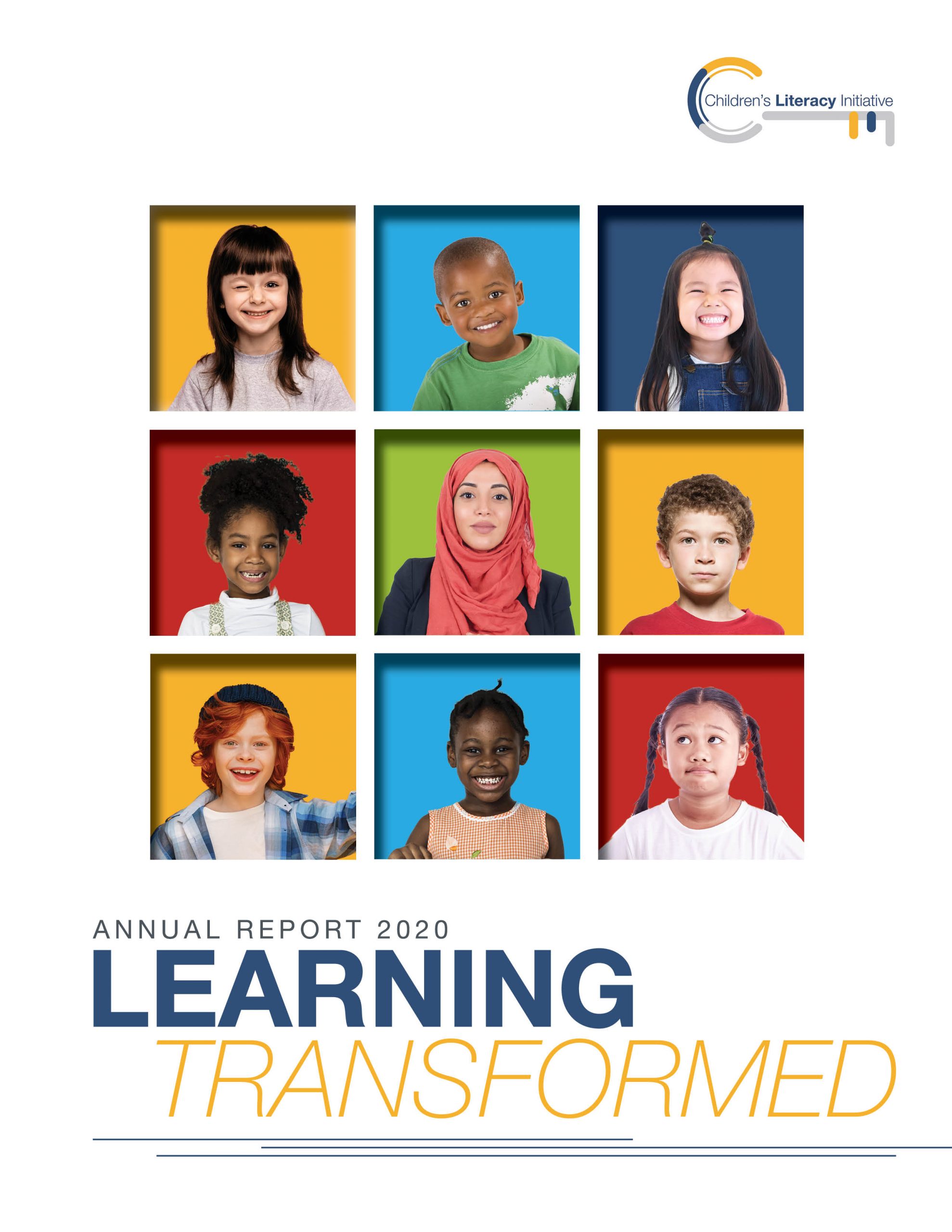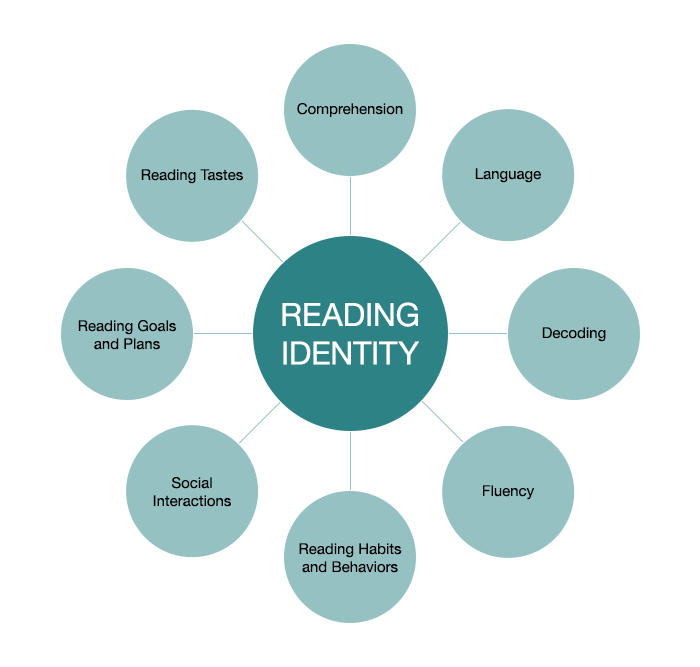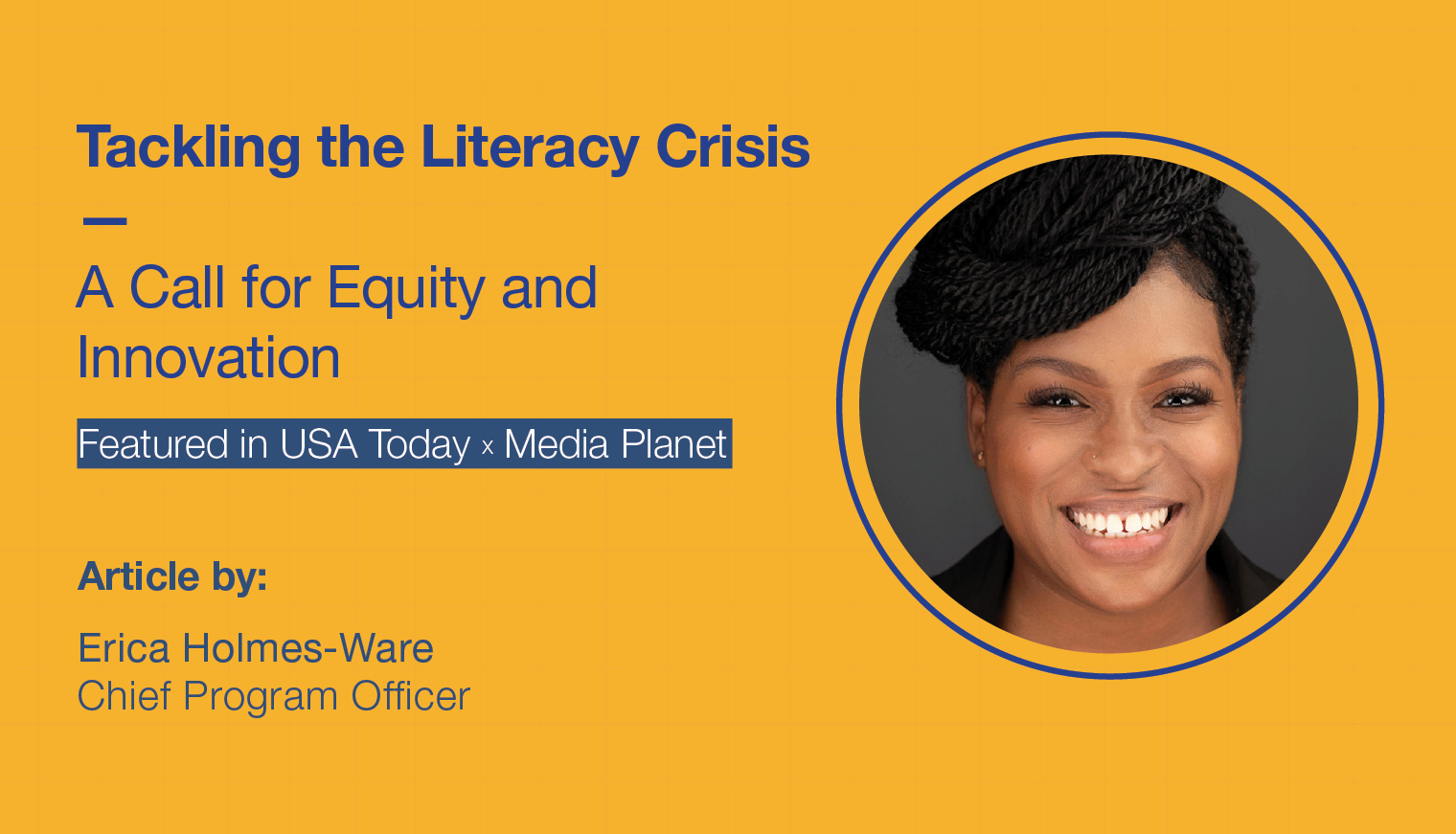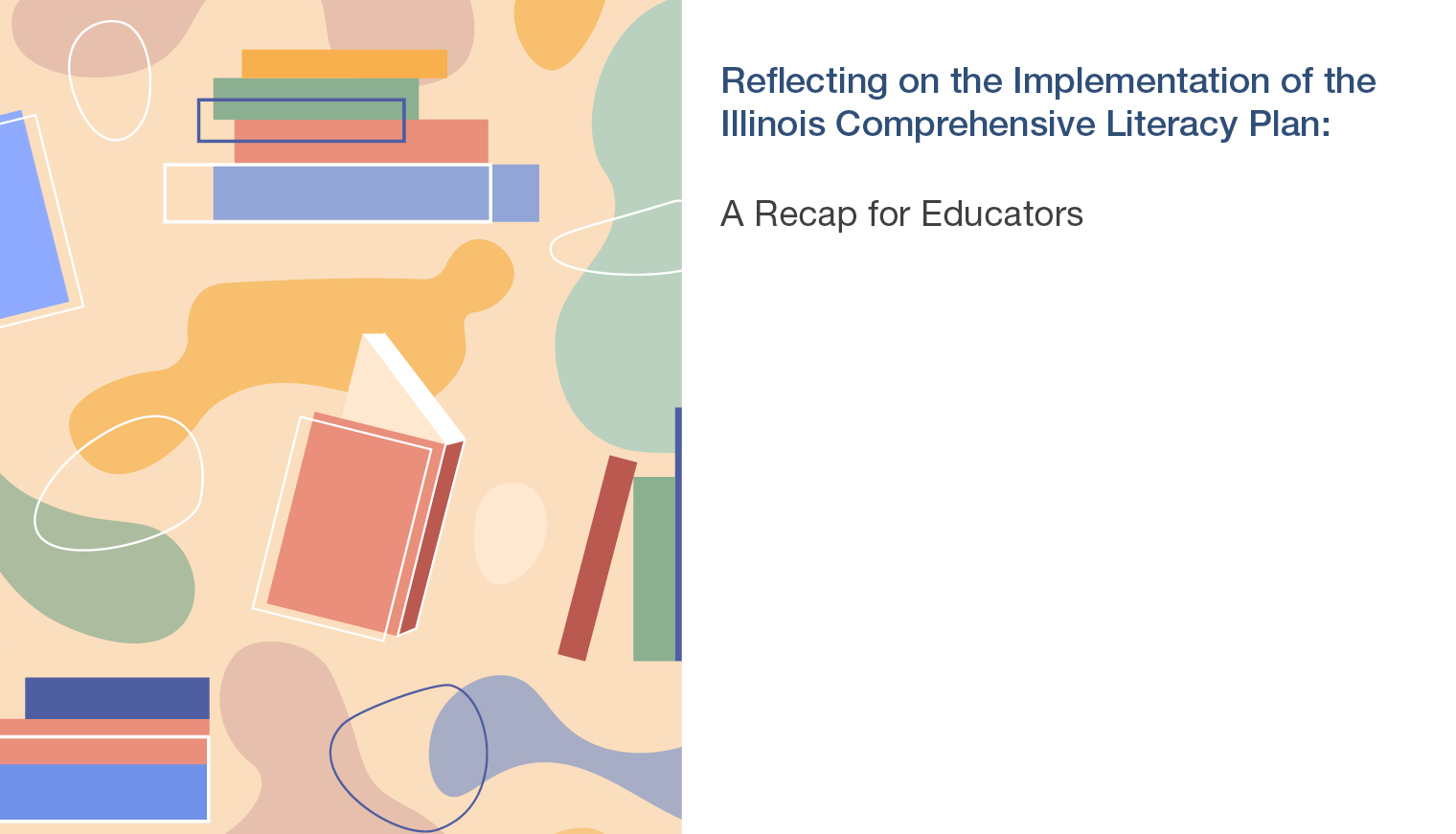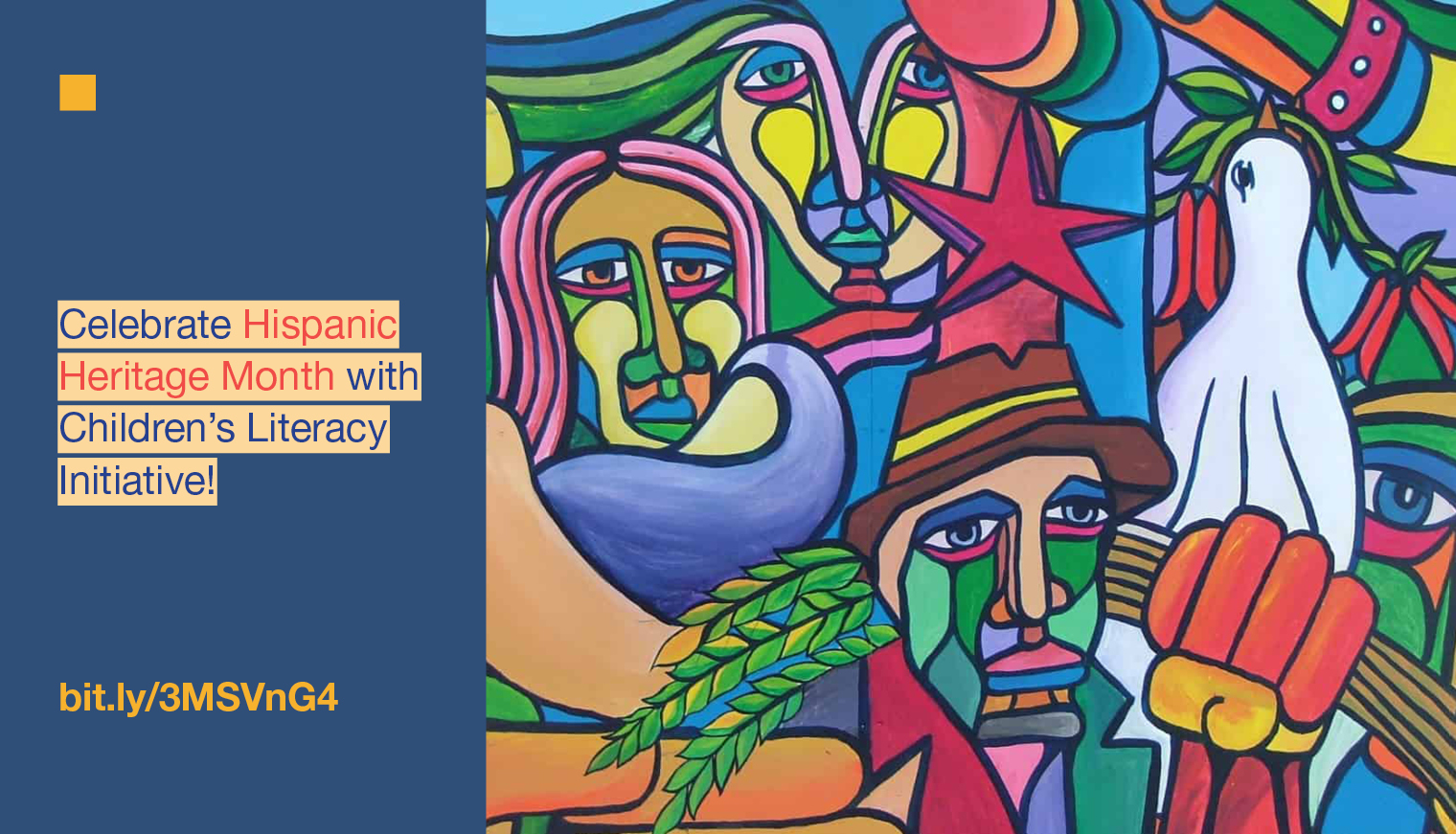Reading Workshop
Reading Workshop is an instructional practice that will help your children grow as readers, speakers, and independent thinkers.
Reading Workshop in a First Grade Classroom: Skip & Return
Learning Transformed
Developing Children’s
Reading Identity
The act of reading is multi-dimensional and so is a reader’s identity. When you think about how to meet the needs of all the readers in your classroom, you need to consider all the areas that make up a reader’s identity.
Some of these features, such as print and fluency and comprehension, are easier to point to (e.g., when a child doesn’t read a word correctly) and may be easier to teach. However, for children to develop as readers who feel confident and capable, who take risks and can problem solve, and who develop a love for books and language, it is vital to address all aspects of reading in your mini-lessons, conferences, and other interactions with children.
Explicit teaching on forming good reading habits, developing and expanding your reading tastes, how and when to respond to different texts, and how to have “book talks” are necessary components of reading instruction.
Get Updates!
Ensure you stay up-to-date with the latest news, impact reports, donor events, and much more.

